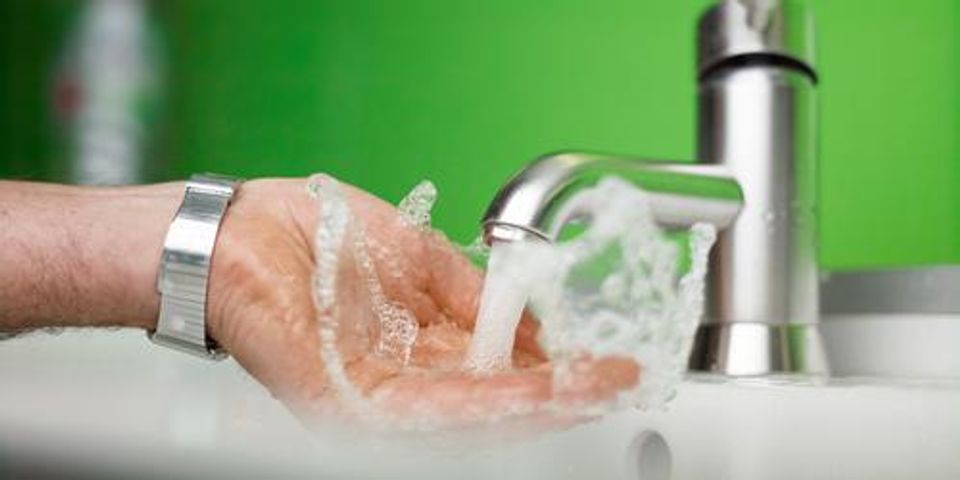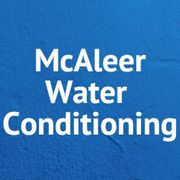Your 3-Step Water Softener Buying Guide

If you've ever noticed cloudy dishes or green grime on your faucets, then you probably suffer from hard water. Such buildup is caused by mineral deposits, like calcium and magnesium, which occur naturally in the soil where groundwater is accessed. Fortunately, you can eliminate the problem completely by installing a water softener in the home.
3 Easy Steps to Help You Buy the Right Water Softener
1. Test Your Water
To achieve the highest quality water at home, first have the water tested. This process will help you identify the type and number of grains of hard minerals present. Such information is necessary to effectively treat the problem as it determines how much salt is needed.
A water test also highlights other types of contaminants that may be hindering the water quality. If your test shows signs of non-mineral impurities, you may also want to consider investing in a water filtration system.
2. Determine Tank Size
 It's important to match the system to your home's water usage and grain levels. If you buy a tank that's too small, you risk overworking the system and letting hard minerals through. While the water test will have provided you with the grains of hardness number, you can determine water usage by attributing 80 gallons of water per day to each person in the household.
It's important to match the system to your home's water usage and grain levels. If you buy a tank that's too small, you risk overworking the system and letting hard minerals through. While the water test will have provided you with the grains of hardness number, you can determine water usage by attributing 80 gallons of water per day to each person in the household.
3. Choose a Type
The three most common types of water softeners are manual, meter, and time regenerated. The term "regeneration" refers the self-cleaning process in which the water softening equipment utilizes its salt supply to clean away hard water buildup within the tank.
Manual tanks require you to complete regeneration as needed, which prevents water waste but can also cause damage if you forget. Meter tanks are typically the most efficient because they automatically regenerate based on water usage. Timer softeners, on the other hand, rely on a built-in timer that kicks off the process based on the timeframe that you choose. They're less expensive initially, but they can be costly over time because they activate regardless of the need.
If you suspect your home has hard water, contact McAleer Water Conditioning in Anamosa, IA, for top-quality water softening solutions. Since 1976, the locally owned and operated business has proudly assisted residents throughout Dubuque, Delaware, Jackson, Jones, and Linn counties achieve contaminant-free water. Browse their selection of water softeners by visiting their website, and find out the best one for your home by calling (800) 397-1995.
About the Business
Have a question? Ask the experts!
Send your question

